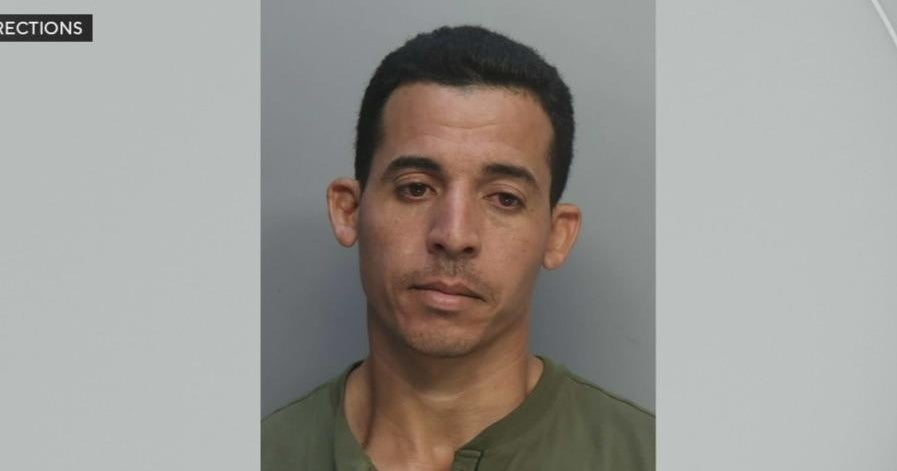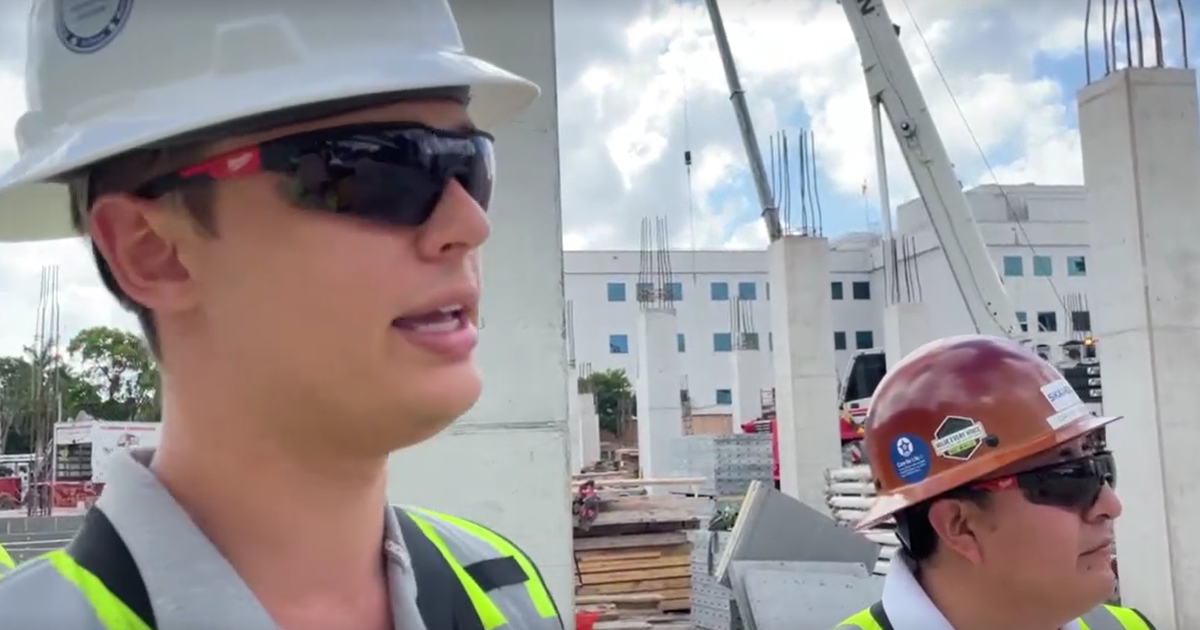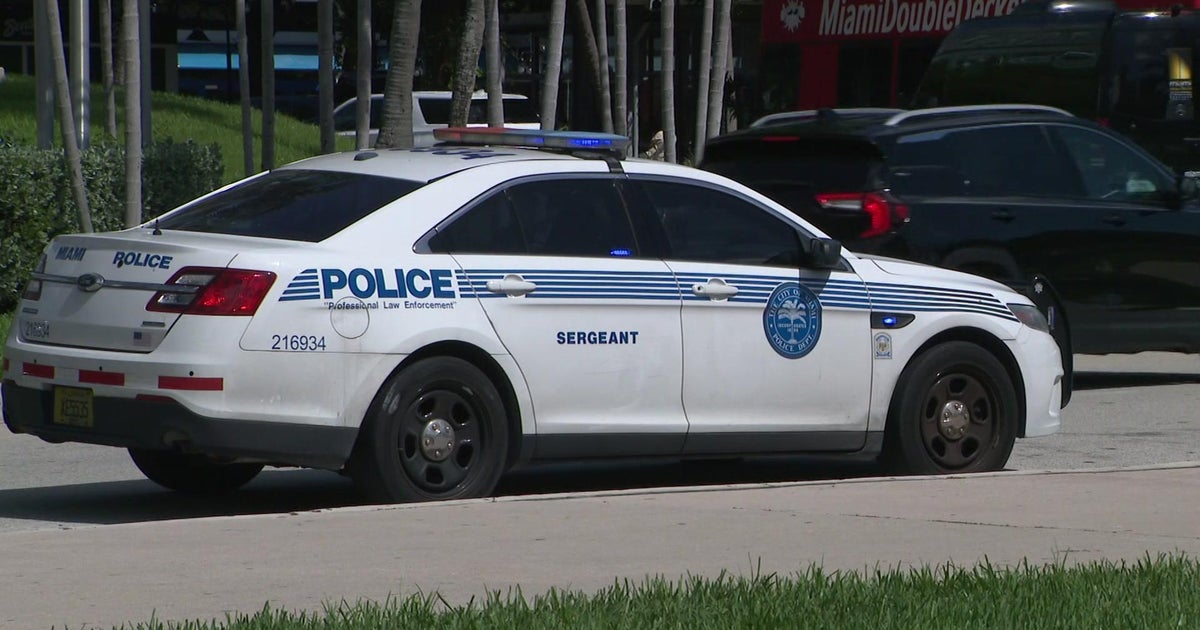At least 27 killed in central Gaza airstrike as U.S. envoy visits the region
An Israeli airstrike targeting a house in a central Gaza refugee camp killed at least 27 people, mostly women and children, according to a hospital in the area, The Associated Press reported. The Civil Defense suggested the death toll was higher.
The bombing on Sunday happened as fighting raged across northern Gaza and Israel's leaders aired divisions over who should govern the Palestinian territory after the war, now in its eighth month. It also came as a United States envoy visited the region and met with various leaders through the middle of the week.
U.S. national security adviser Jake Sullivan was scheduled to meet with top Israeli leaders on Sunday to discuss an ambitious U.S. plan for Saudi Arabia to recognize Israel and help the Palestinian Authority to govern Gaza in exchange for a path to eventual statehood.
On Monday, Roger Carstens, the U.S. special envoy for hostage affairs, is set to travel to Doha, Qatar, to participate in a panel at the Global Security Forum called "The Impacts of Hostage-Taking by State and Non-State Actors," according to the State Department. Officials said Carstens' visit would last through Wednesday, and, while there, he would also "meet with Qatari and other attending government representatives and civil society groups to discuss wrongful detention and hostage issues."
Prime Minister Benjamin Netanyahu has faced criticism from his own War Cabinet, with his main political rival, Benny Gantz, threatening to leave the government if a plan is not formulated by June 8 that includes an international administration for postwar Gaza.
Netanyahu, who is opposed to Palestinian statehood, has rejected those proposals, saying Israel will maintain open-ended security control over Gaza and partner with local Palestinians unaffiliated with Hamas or the Western-backed Palestinian Authority.
Gantz' withdrawal would not bring down Netanyahu's coalition government, but it would leave him more reliant on far-right allies who support the "voluntary emigration" of Palestinians from Gaza, full military occupation and the rebuilding of Jewish settlements there.
Even as the discussions of postwar planning take on new weight, the war is still raging with no end in sight. In recent weeks, Hamas has regrouped in parts of northern Gaza that were heavily bombed in the early days of the war and where Israeli ground troops had already operated.
The airstrike in Nuseirat, a built-up Palestinian refugee camp in central Gaza dating back to the 1948 Arab-Israeli war, killed at least 27 people, including 10 women and seven children, according to records at Al-Aqsa Martyrs Hospital in the nearby town of Deir al-Balah, which received the bodies. The hospital had said in an initial statement to AFP that it "received 20 fatalities and several wounded after an Israeli air strike targeted a house belonging to the Hasan family in Al-Nuseirat refugee camp in central Gaza." The Civil Defense in Gaza later said 31 bodies were recovered after a bombing in the Nuseirat camp at dawn.
A separate strike on a street in Nuseirat killed another five people, according to the Palestinian Red Crescent emergency service. In Deir al-Balah, a strike killed Zahed al-Houli, a senior officer in the Hamas-run police, and another man, according to Al-Aqsa Martyrs Hospital.
Palestinians reported more airstrikes and heavy fighting in northern Gaza, which has been largely isolated by Israeli troops for months and where the World Food Program says a famine is underway.
The Civil Defense says the strikes hit several homes near Kamal Adwan Hospital in the town of Beit Lahiya, killing at least 10 people. Footage released by the rescuers showed them trying to pull the body of a woman out of the rubble as explosions echo in the background and smoke rises.
In the urban Jabliya refugee camp nearby, residents reported a heavy wave of artillery and airstrikes.
"The situation is very difficult," said Abdel-Kareem Radwan, a 48-year-old in Jabaliya. He said the whole eastern side has become a battle zone where the Israeli fighter jets "strike anything that moves."
Mahmoud Bassal, a spokesman for the Civil Defense, said rescuers had recovered at least 150 bodies, more than half of them women and children, since Israel launched the operation in Jabaliya last week. He said around 300 homes have been "completely destroyed."
Israel launched its offensive after Hamas' Oct. 7 attack, in which Palestinian militants stormed into southern Israel, killing around 1,200 people, mostly civilians, and abducting some 250.
The war has killed at least 35,000 Palestinians, according to Gaza's Health Ministry. Around 80% of the population of 2.3 million Palestinians have been displaced within the territory, often multiple times.
Israel says it tries to avoid harming civilians and blames the high death toll and destruction on Hamas, which positions fighters, tunnels and rocket launchers in dense, residential areas.
Netanyahu's critics, including thousands of protesters who took to the streets again on Saturday, accused him of prolonging the war and rejecting a cease-fire deal that would release hostages so he can avoid a reckoning over the security failures that led to the attack.
Polls show that Gantz, a political centrist, would likely succeed Netanyahu if early elections are held. That would expose Netanyahu to prosecution on longstanding corruption allegations.
Netanyahu denies any political motives and says the offensive must continue until Hamas is dismantled and the estimated 100 hostages held in Gaza, and the remains of more than 30 others, are returned. He has said it's pointless to discuss postwar arrangements while Hamas is still fighting because the militants have threatened anyone who cooperates with Israel.
Netanyahu also faces pressure from Israel's closest ally, the United States, which has provided crucial military aid and diplomatic cover for the offensive while expressing growing frustration with Israel's conduct of the war.
President Joe Biden's administration recently held up a shipment of 3,500 bombs of up to 2,000 pounds each and said the U.S. would not provide offensive weapons for a full-scale invasion of the southern Gaza city of Rafah, citing fears of a humanitarian catastrophe.
But last week, after Israel launched what it says is a limited operation in Rafah, the administration told legislators it would move forward with the sale of $1 billion worth of arms, tank ammunition, tactical vehicles and mortar rounds, according to congressional aides.
Sullivan is expected in Israel after meeting with Saudi Arabia's Crown Prince Mohammed bin Salman on Saturday. The administration has been working on an ambitious plan in which Saudi Arabia would recognize Israel and join other Arab states in helping to administer and rebuild Gaza, in exchange for a U.S. defense pact and help in building a civilian nuclear program.
But U.S. and Saudi officials say that deal requires Israel to agree to a credible path to eventual Palestinian statehood, something Netanyahu has repeatedly ruled out.
In Gantz' ultimatum, he expressed support for normalizing ties with Saudi Arabia and other Arab countries. But he also said "we will not allow any outside power, friendly or hostile, to impose a Palestinian state on us."





